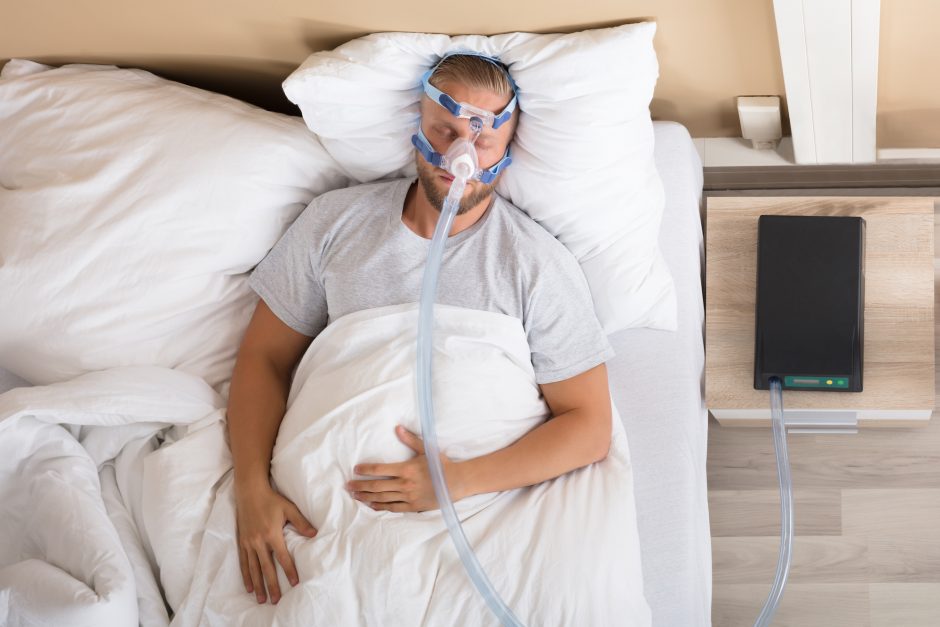Sleep Problems that Call For a Sleep Study

Sleep Problems
Do you feel as if you’re not sleeping as well as you should? Or sleeping too 1/6/2021much? Sometimes, your doctor can diagnose a sleep problem based on your symptoms or your descriptions. Often, though, your doctor will request that you undergo a sleep study to pinpoint the causes of your sleep difficulties. Here are the most common sleep problems that normally require a sleep study for diagnosis:
- Excessive Sleepiness. If you feel excessively sleepy during the day, you may have narcolepsy or another form of hypersomnia (a persistent need for more-than-normal sleep). If you are sleeping 10, 12, 15, or more hours a day and still don’t feel alert, your doctor will probably order daytime and overnight sleep tests to determine the nature of your sleep troubles.
- Insomnia. Insomnia can manifest in different ways—as an inability to fall asleep, difficulty staying asleep, or early waking. If you persistently have trouble falling asleep or staying asleep, your doctor may begin to treat the symptoms you describe, or may choose to prescribe an overnight sleep study to help pinpoint the cause of the problem. Sometimes, a daytime test is required as well to determine whether and how your nighttime sleep problems affect your daily activities.
- Sleep apnea. Sleep apnea is a potentially dangerous sleep problem that literally results in the stoppage of normal breathing during sleep. A doctor who suspects sleep apnea will request a sleep study that includes Titration with Continuous Positive Airway Pressure (CPAP) and a polysomnogram, usually in the same night.
- Seizure disorders. Seizure disorders are difficult to diagnose by patient testimony, since the person suffering the seizures is asleep and may have no memory of the event. If a seizure disorder is suspected, a doctor will normally prescribe an overnight sleep study. Monitoring sleeping brainwaves for the changes that indicate seizure activity is one of the only reliable ways to document nighttime seizures.
- Movement disorders. Periodic limb movement disorder and restless legs syndrome are two hard-to-pin-down sleep disorders that can be difficult to treat. In each case, the sleeper feels an uncontrollable need to move the body at night, interrupting regular sleep patterns. Many times, patient reports are enough for a doctor—but at times, particularly with periodic limb movement disorder, a sleep study will be needed to help a physician find the proper treatment.
If you suspect you might have a sleep disorder, talk to your primary care doctor to find out what you can do to take charge of your sleep. The right treatment can make a world of difference in your nighttime sleep, as well as your daytime mood and energy level. For more information, check out my other sleep study blogs, on home sleep studies and lab sleep studies.
Author Bio: +Michelle Gordon is a sleep expert who researches and writes about sleep and health, and is an online publisher for the latex mattress specialist Latexmattress.org.


